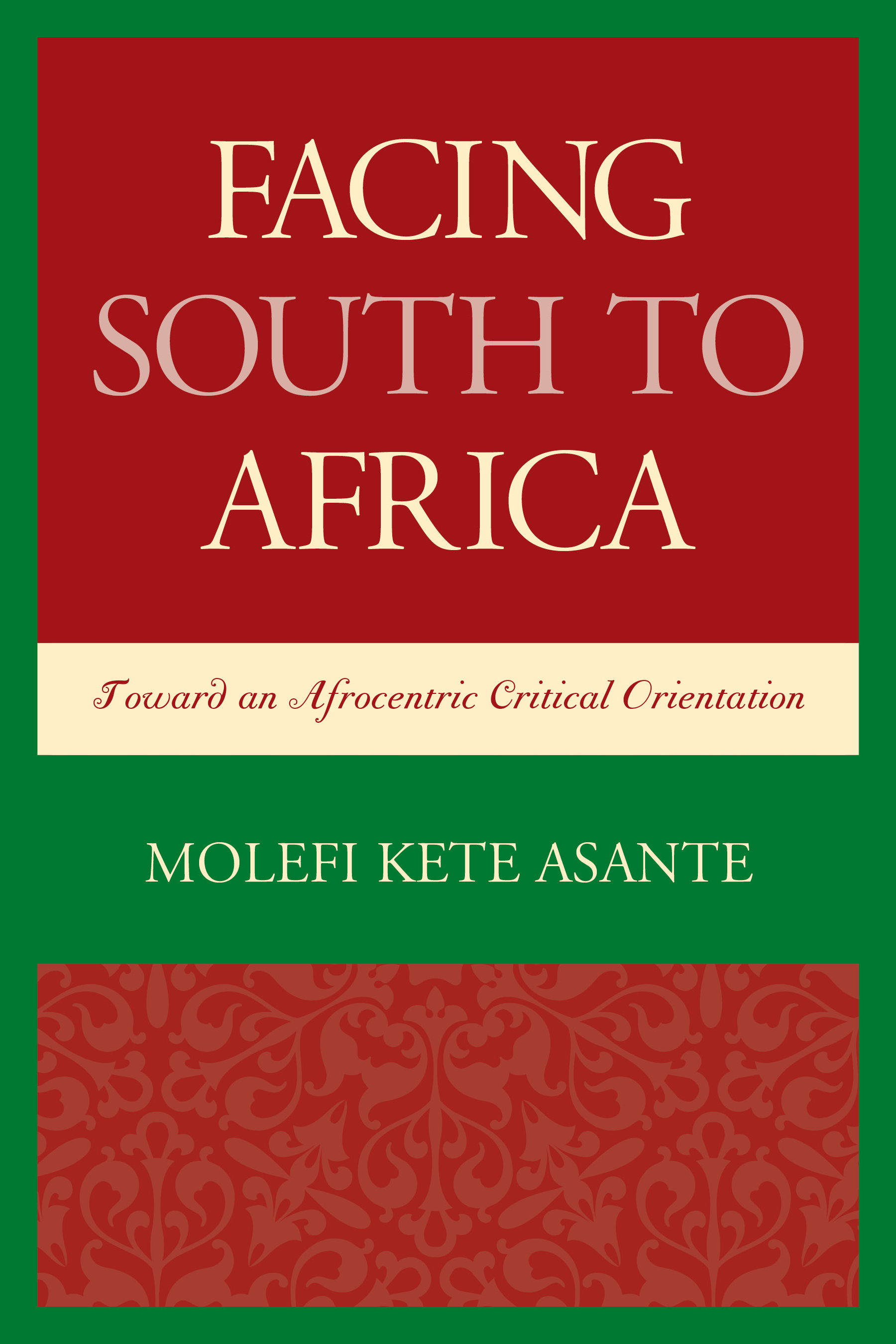Facing South to Africa
Critical Africana Studies: African, African American, and Caribbean Interdisciplinary and Intersectional Studies
Series Editor: Reiland Rabaka, University of Colorado at Boulder
Series Editorial Board: Christel N. Temple, University of Pittsburgh; Martell Teasley, University of Texas at San Antonio; and Deborah Whaley, University of Iowa
The Critical Africana Studies book series features scholarship within the emerging field of Africana studies, which encompasses such disciplines as African studies, African diasporan studies, African American studies, Afro-American studies, Afro-Asian studies, Afro-European studies, Afro-Islamic studies, Afro-Jewish studies, Afro-Latino studies, Afro-Native American studies, Caribbean studies, Pan-African studies, Black British studies and, of course, Black studies. The Critical Africana Studies book series directly responds to the heightened demand for monographs and edited volumes that innovatively explore Africa and its diaspora employing cutting-edge critical, interdisciplinary, and intersectional theory and methods.
Titles in the Series
Dialogues across Diasporas: Women Writers, Scholars, and Activists of Africana and Latina Descent in Conversation, Edited by Marion Rohrleitner and Sarah Ryan
Rastafari Reasoning and the RastaWoman: Gender Constructions in the Shaping of Rastafari Livity, By Jeanne Christensen
Understanding the Black Flame, By June Cara Christian
Concepts of Cabralism: Amilcar Cabral and Africana Critical Theory,
By Reiland Rabaka
Frantz Fanon, My Brother: Doctor, Playwright, Revolutionary, By Joby Fanon, Translated by Daniel Nethery
Facing South to Africa: Toward an Afrocentric Critical Orientation, By Molefi Kete Asante
Facing South to Africa
Toward an Afrocentric
Critical Orientation
Molefi Kete Asante
LEXINGTON BOOKS
Lanham Boulder New York London
Published by Lexington Books
An imprint of The Rowman & Littlefield Publishing Group, Inc.
4501 Forbes Boulevard, Suite 200, Lanham, Maryland 20706
www.rowman.com
16 Carlisle Street, London W1D 3BT, United Kingdom
Copyright 2014 by Lexington Books
All rights reserved. No part of this book may be reproduced in any form or by any electronic or mechanical means, including information storage and retrieval systems, without written permission from the publisher, except by a reviewer who may quote passages in a review.
British Library Cataloguing in Publication Information Available
Library of Congress Cataloging-in-Publication Data
Asante, Molefi Kete, 1942- author.
Facing south to Africa : toward an Afrocentric critical orientation / Molefi Kete Asante.
pages cm. -- (Critical Africana studies: African, African American, and Caribbean interdisciplinary and intersectional studies)
Includes bibliographical references and index.
ISBN 978-0-7391-9671-7 (cloth : alk. paper) -- ISBN 978-0-7391-9672-4 (electronic : alk. paper)
1. Afrocentrism. 2. Pan-Africanism. 3. African cooperation. I. Title. II. Series: Critical Africana studies.
DT14.A79 2014
320.54096--dc23
2014022178
 TM The paper used in this publication meets the minimum requirements of American National Standard for Information Sciences Permanence of Paper for Printed Library Materials, ANSI/NISO Z39.48-1992.
TM The paper used in this publication meets the minimum requirements of American National Standard for Information Sciences Permanence of Paper for Printed Library Materials, ANSI/NISO Z39.48-1992.
Printed in the United States of America
For my children, grandchildren, and many spiritual sons and daughters who dare to accept and practice the proverbs I have inherited from my ancestors.
Preface
It is clear that we are on the verge of a new dispensation in which African people throughout the world assert themselves anew after the devastating one thousand year Arab and five hundred year European invasion of African consciousness and lands. But as our reflective politicians and intellectuals have taught us in the past with the clarity that was necessary for a mature people, African people will have to deliver themselves from the enslavement that was foisted upon us, sometimes with our participation. It is true that the weapons of war brought by the invaders were greater and more potent than our own weapons; this is a fact of all wars and all battles. When Thutmoses III defeated the Syrians in the first recorded war in history during the fifteenth century BC it was because the Africans brought with them more effective weapons of war. Every physical war is like that and there is no difference in the situation with Africans and those who have conquered, raped, and massacred our people. But alas, we have also had compradors and belly tattlers whose only interests have been those of their own families and personal ambitions. This is also a human crime, found in any situation where you have winners and losers in struggle; they scamper to the side that they think will win and give them more goods, more crumbs from the tables of the wealthy or the powerful. As dreadful as this situation is, there is a more critical issue that we must confront as a people up from enslavement and colonization and it is the intractable problem of mental resurrection. We know that our condition everywhere bears the awful stain of defeat and degradation and yet we seem unable to focus on the general transformation of our societies. This is the work of thinkers and philosophers and perhaps African psychologists. How shall we redeem African people so that we all do better, be better, and love ourselves before we love our enemies? Is this possible in Africa, the Caribbean, and the Americas? Can we bring an end to beggarism in everything we do and think? What is to prevent us from recreating the environment of peace and harmony that we know had to exist at some time prior to our capture? No, I am not one who believes in living in the past but I do believe that we must understand our situation in order to plan our escape. We are not yet free when in the imagination of some of our young people we are still hoping to discover that Africa is not in our past. We will claim to be anyone but African. This means that the extent of our problem is severe; our children do not like themselves as themselves because if they knew, only knew, they would celebrate their blackness, their Africanity, for the gifts Africans have given to the world.
FacingSouth is metaphorical and also physical. The ancient Egyptians and Nubians constructed their identities around a southern orientation. Thus, the ancient Kemetic word (jmnt) for West and Right was the same. The word (j3ht) was used for East and Left. They stood and looked to the South toward their origins at the Mountains of the Moon as the Papyrus of Hunefer recalls. With the West on their Right the people of Egypt declared their solidarity with the people of the South and saw in the flow of the Nile River the metaphorical moving of knowledge from the South to the North. They did not orient themselves toward the Mediterranean, the Great Green, but toward Ethiopia, Uganda, and Congo. Thus, by choosing to call this book FacingSouth, I am announcing that an African renaissance cannot occur until we have adequately dealt with the issues of misorientation and disorientation.
I offer this small book as an ebo in the Yoruba sense, to claim a part of my biological heritage and as token in the African American sense, claiming as I do my African American culture, to open serious dialogue with intellectuals and scholars who dwell in matters of culture. We cannot be beguiled by European or Arab waywardness toward Africa when it comes to imagination, religious or otherwise. We must be ready to interrogate the facts and phenomena of the world by facing South, from the Mediterranean. Like the ancient Africans in the Nile Valley we must re-orient ourselves to the South in an effort to understand our sources of knowledge, values, and wisdom; this is the meaning of being relocated in the center of our own historical experiences. I present these essays as escapes into new understandings of who we are and why we have been so long blindsided by intrusive metaphors of commodity, awkward rituals of dislocation, and the intransigence of white racial doctrines. As meditations on orientation to culture, society, values, and communication, these essays face South first, and then the world.

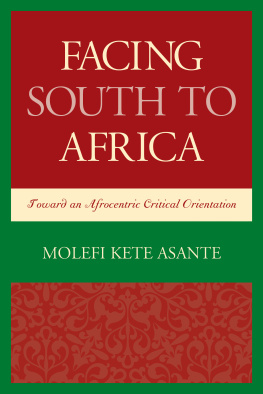
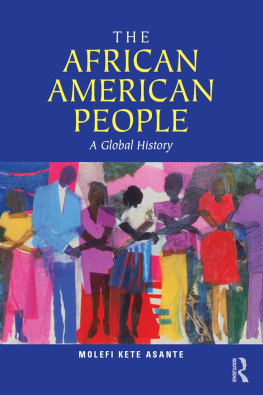
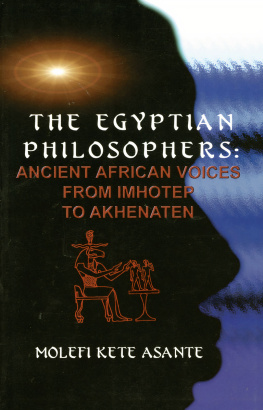


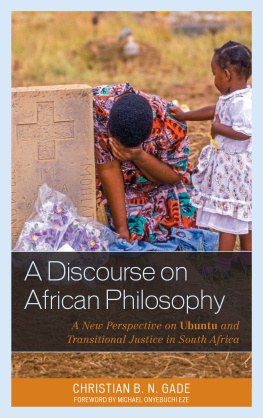
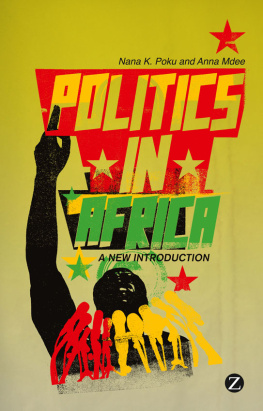
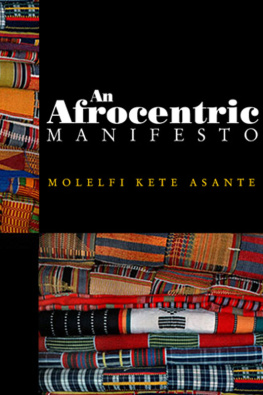
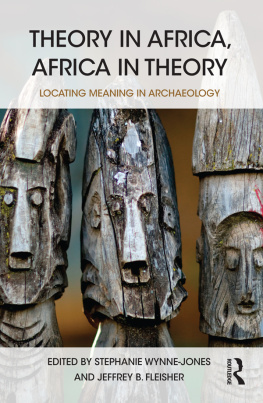
 TM The paper used in this publication meets the minimum requirements of American National Standard for Information Sciences Permanence of Paper for Printed Library Materials, ANSI/NISO Z39.48-1992.
TM The paper used in this publication meets the minimum requirements of American National Standard for Information Sciences Permanence of Paper for Printed Library Materials, ANSI/NISO Z39.48-1992.